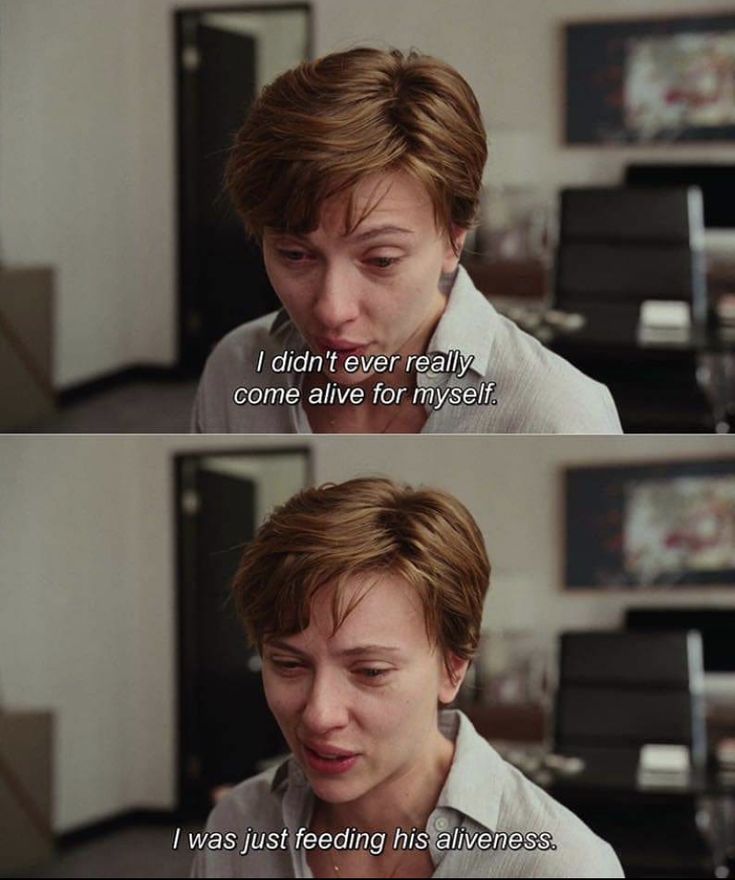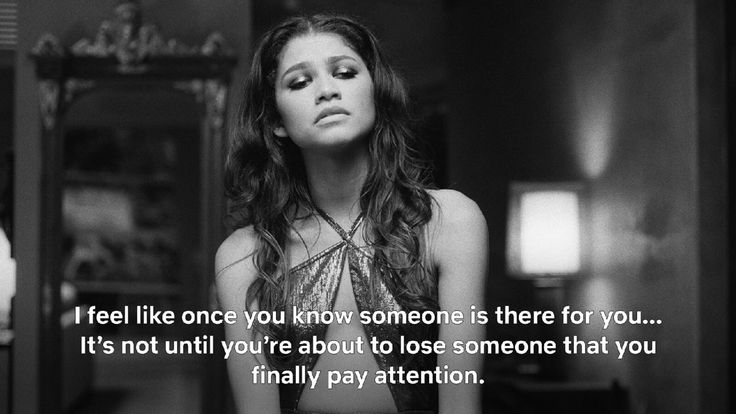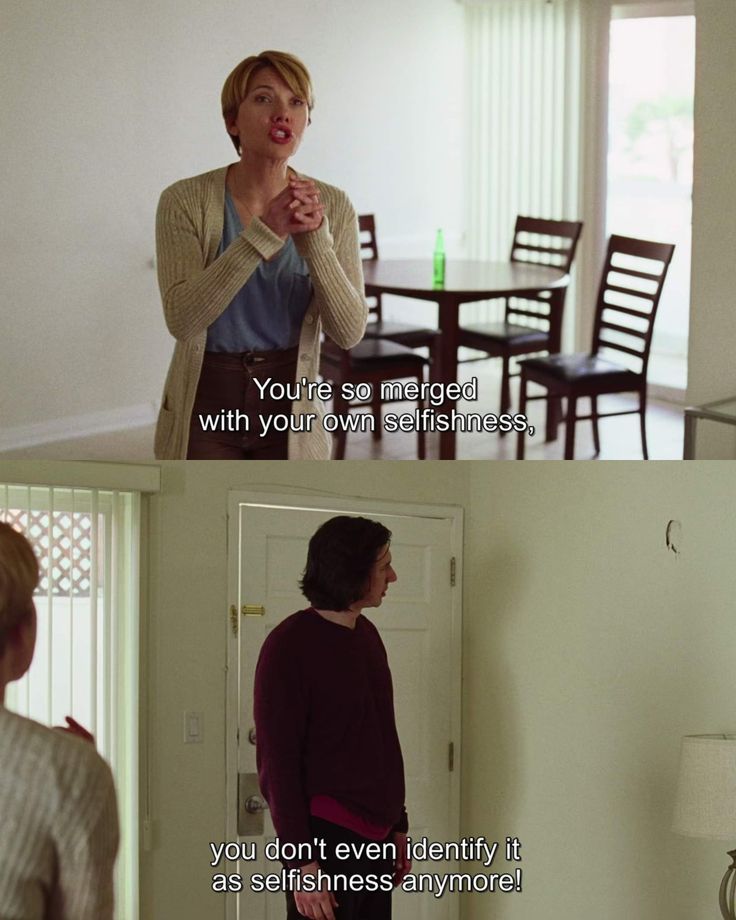8 Signs Your Relationship or Marriage Has Become Emotionally Toxic
November 25, 2025

Most toxic relationships don’t announce themselves. They unfold quietly.
It starts with a partner dismissing your opinion in a small way. Or shutting down after a fight. Or teasing you in front of friends until you stop speaking up. Slowly, what was supposed to feel like home begins to feel unsafe.
If you’ve been searching “how do I know if my marriage is toxic” or “signs of emotional abuse in relationships”, you’re not alone. Research shows nearly half of adults have experienced psychological or emotional aggression from a partner at some point in their lives. And while the scars aren’t visible, the effects are lasting: higher rates of depression, anxiety, even PTSD.
Here are eight clear signs of an emotionally toxic relationship, with data and examples of how they play out in real life.
1. Criticism Becomes Normal
Every couple argues. But criticism in a toxic marriage stops being about the behavior and attacks who you are.
It sounds like: “You’re useless,” “You always fail,” “You’re not good enough.”
In counseling, therapists see partners who have carried years of these comments, and the outcome is often the same: self-esteem erosion.
Studies show that partners in criticism-heavy marriages are more likely to report depressive symptoms and feelings of worthlessness.
2. Silence Is Used as Punishment
Taking a break after a fight can be healthy. But refusing to talk for days, shutting down conversations, or withholding affection as punishment is emotional abuse.
Psychologists call this stonewalling. The Gottman Institute found stonewalling predicted divorce in 85 percent of couples studied.
Clients often describe the silent treatment as worse than fighting. “It felt like I didn’t exist in the house,” one person shared in counseling.
Prolonged rejection raises cortisol levels in the body, leading to anxiety, headaches, and sleep disruption.
3. You Walk on Eggshells
You know the feeling: choosing words carefully, holding back your real thoughts, or pretending to agree just to keep the peace.
This pattern shows up early in emotionally abusive relationships. Over time, it silences one partner completely. In counseling, people often realize how much of
their identity they’ve lost because they’ve been “managing” their partner’s moods.
If you’re typing into Google “why am I scared to talk to my partner”, it’s not you overthinking. It’s a recognized marker of a toxic relationship.

4. No One Takes Responsibility
Every conflict ends with one person apologizing, while the other deflects blame. Apologies come with excuses: “I wouldn’t have yelled if you hadn’t…”
Therapists often note that couples who delay seeking help until this pattern hardens struggle the most to recover. Without accountability, resentment becomes the third person in the marriage.
5. Emotional Distance Feels Permanent
Some couples don’t scream or fight. They just stop connecting.
It looks like one-word replies at dinner. Lying in bed back-to-back. Living in the same house but feeling like strangers.
Research on emotional abuse shows these couples report much lower scores in resilience, hope, and life satisfaction. It isn’t the absence of conflict that’s dangerous; it’s the absence of intimacy.

6. Control Hides Behind Care
Control isn’t always loud. It can sound like concern. “Do you really need to spend on that?” “Why don’t you skip meeting that friend?”
In Australia, the national survey on emotional abuse found 61 percent of women who experienced partner abuse reported financial control. What looks like “protectiveness” is often subtle manipulation.
Over time, one partner’s world gets smaller and smaller until they feel dependent.
7. Support Turns Into Competition
In a healthy marriage, your wins feel like shared wins. In a toxic one, your success sparks jealousy, backhanded comments, or even sabotage.
Research shows couples with high competitive tension are 40 percent more likely to separate within five years. When your partner stops being your cheerleader and starts acting like a rival, emotional safety disappears.
8. Your Mental Health Declines
The surest sign of emotional abuse is how you feel. If you are consistently more anxious, drained, or smaller in spirit around your partner than when you’re alone, it’s not just stress. Emotional abuse is one of the strongest predictors of PTSD, sometimes even more than physical violence.

Can Counseling Save a Toxic Relationship?
The short answer: often yes, but only if both partners commit.
- 70% couples see significant improvements after marriage counseling (Bradbury & Bodenmann, Roddy et al., summarized in PMC and therapy org reports).
- Nearly 99% of couples who tried therapy said it had a positive impact (Verywell Mind + counseling associations).
- About 49% of married couples in the US have sought counseling at some point (Crown Counseling study, referenced in multiple therapy success rate articles).
Couples therapy works by putting accountability back on both partners, rebuilding healthy communication, and creating tools to manage conflict without destroying trust. But timing matters. The earlier couples seek help, the more likely they are to shift out of toxic patterns.
Login here for counseling to help save a toxic relationship.
Why MySafeTherapy is Hosting a Webinar
At MySafeTherapy, we’re seeing more people than ever seeking therapy for relationship anxiety and emotional burnout. Many of them didn’t realize they were living in toxic relationships until their health started breaking down.
That’s why we’re hosting a free online webinar on 15th October, 2025, i.e. Wednesday, 1pm. The session will break down how to recognize emotional abuse in relationships, what it does to your mental health, and when to seek counseling.
Because the first step isn’t leaving or fixing. It’s seeing clearly.
To register yourself, please click here
FAQs
What are the first signs of emotional abuse in marriage?
Constant criticism, the silent treatment, subtle control, and emotional distance are often early red flags.
Can counseling fix a toxic relationship?
Yes, if both partners commit. Research shows 70 percent of couples see real improvement through therapy.
When should couples seek therapy for emotional abuse?
As soon as these patterns appear. The earlier the intervention, the better the chance of rebuilding a safe relationship.
X
X


Join our free webinar on
toxic relationships
We’ll cover how to spot warning signs, safely step away, and rebuild your confidence
Register here
.png)

Join our free webinar on






